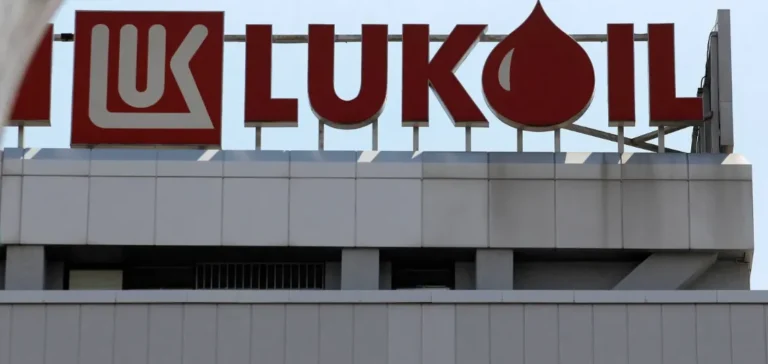Lukoil, Russia’s second-largest oil company, is facing significant disruptions in its international operations following recent sanctions imposed by the United States and the United Kingdom. These measures are directly targeting its operational capabilities by limiting access to infrastructure, financial services, and maritime transport in several countries.
Cargo cancellations in Iraq and trading tensions
In Iraq, the state company State Organization for Marketing of Oil (Somo) has canceled three crude oil loadings from Lukoil’s equity production at the West Qurna-2 field, which has a capacity of 480,000 barrels per day. According to two market sources, the cancellations are directly linked to the sanctions, with the cargoes initially scheduled for November 11, 18, and 26. Lukoil holds a 75% stake in the field, while the North Oil Company, a state-run entity, holds the remaining interest.
In Switzerland, Lukoil’s trading arm, Litasco, based in Geneva, is struggling to charter ships, as U.K.-based shipbrokers are now refusing to work with them. Two sources familiar with its operations revealed that the company has begun laying off employees due to the direct impact of the sanctions.
Job risks in Finland
In Finland, nearly 1,000 employees and operators at Teboil gas stations, owned by Lukoil, are fearing a shutdown of operations. Representatives from the Finnish banking sector have confirmed that payments to Teboil have already started to be frozen, ahead of the U.S. Treasury Department’s November 21 deadline to wind down transactions with Lukoil. The company did not comment on the situation.
Amid these growing pressures, Lukoil has announced that it has accepted an offer from global commodity trader Gunvor to purchase its foreign assets, although no further details were provided. This move is part of Lukoil’s accelerated strategy to withdraw from Western markets in the wake of the sanctions.






















